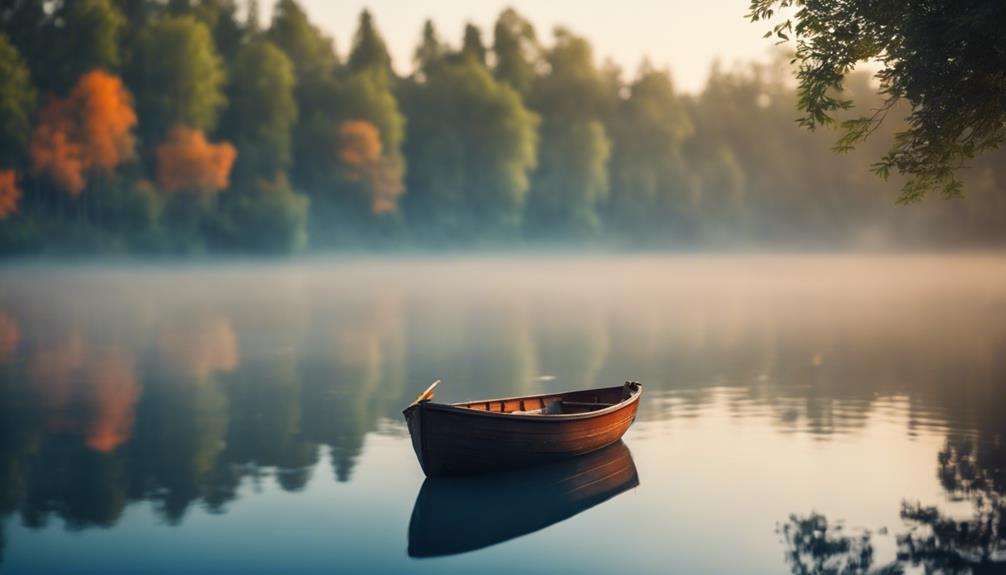Fishing is a beloved pastime for many, offering opportunities for relaxation, adventure, and connection with nature. However, before you cast your line, it’s essential to understand the regulations surrounding fishing licenses, including what age for fishing license is required in your state or country. This detailed guide will explore various aspects of fishing licenses, including age requirements, regulations, and tips for young anglers.
What Age for Fishing License: An Overview
The age at which individuals can obtain a fishing license varies significantly from place to place. In many regions, children under a certain age can fish without a license, while others may require a junior or youth license that comes at a reduced fee. Typically, most states in the U.S. allow children as young as 16 to obtain a fishing license independently, while some places allow younger children to fish with an adult who has a valid license. Understanding local laws is crucial for ensuring compliance and promoting a positive fishing experience.
Why Age Restrictions Matter
Age restrictions for fishing licenses play an important role in wildlife conservation and management. By regulating who can fish and at what age, authorities can better monitor fish populations, protect fragile ecosystems, and encourage responsible fishing practices. Young anglers are often required to learn the rules and regulations associated with fishing, which helps instill a sense of responsibility and respect for natural resources. Additionally, age restrictions help to ensure that children are mature enough to understand the importance of sustainable fishing practices.
Different Types of Fishing Licenses
When considering what age for fishing license is appropriate, it’s also essential to be aware of the different types of fishing licenses available. Many states offer several categories, including:
1. General Fishing License: This is the most common type of license and is required for most anglers aged 16 and older.
2. Junior Fishing License: Typically available for children aged 15 and younger, these licenses are often offered at a reduced cost and may come with specific guidelines.
3. Senior Fishing License: Some states offer discounted or free licenses for senior citizens, usually those over the age of 65.
4. Specialty Licenses: These may include licenses for saltwater fishing, freshwater fishing, or specific species hunting, often with their own age restrictions.
Being aware of these categories can help ensure that you and your family are fishing legally and responsibly.
Steps to Obtain a Fishing License
If you’re wondering what age for fishing license applies to your child or yourself, the next step is to understand how to obtain one. Here’s a simple step-by-step guide:
1. Check Your State’s Regulations: Visit your state’s wildlife agency website to find specific information about fishing licenses and age requirements.
2. Gather Necessary Documents: Most states require proof of identity and residency. For minors, a parent or guardian may need to provide consent.
3. Complete the Application: Licenses can often be obtained online, in person at designated locations, or through authorized vendors.
4. Pay the Fee: Be prepared to pay the fee associated with the type of license you’re applying for. Junior licenses are usually cheaper.
5. Review Fishing Rules: Once you have your license, familiarize yourself with local fishing rules, including size and bag limits, as well as any seasonal regulations.
The Benefits of Fishing for Young Anglers
Understanding what age for fishing license is appropriate also means recognizing the numerous benefits fishing can have for children. Fishing is not just a fun activity; it’s also a way to build valuable life skills. Here are some benefits:
– Connection with Nature: Fishing encourages children to spend time outdoors, fostering a connection with the environment.
– Patience and Perseverance: Waiting for a fish to bite teaches kids patience, a valuable life skill.
– Responsibility: Caring for fishing equipment and practicing catch-and-release encourages responsibility and respect for nature.
– Family Bonding: Fishing trips can be a great way to spend quality time with family and friends, strengthening relationships.
Fishing Education and Resources
For parents wondering what age for fishing license is suitable for their kids, it’s also essential to consider educational resources available for young anglers. Many states offer fishing education programs designed to teach kids about the environment, fishing techniques, and responsible fishing practices. These programs can be a great way to help children understand the importance of conservation while making fishing a more enjoyable experience. Additionally, there are numerous online resources, books, and community clubs dedicated to educating young anglers.
Common Misconceptions About Fishing Licenses
When it comes to fishing licenses, there are several common misconceptions that can mislead new anglers. One major myth is that fishing licenses are not necessary if fishing in a private pond. However, even private bodies of water may have specific regulations, and it’s always best to check with local authorities. Another misconception is that children can fish freely without adult supervision. While many states allow minors to fish without a license, adult supervision is often required. To avoid potential fines or penalties, always verify the rules in your area.
Conclusion: Ensuring a Positive Fishing Experience
In summary, understanding what age for fishing license is necessary is critical for ensuring a safe and responsible fishing experience. With varying laws across different regions, it is essential to educate yourself and your young anglers about the requirements and benefits of fishing. By adhering to local regulations, you not only protect fish populations but also promote a culture of responsibility and respect for nature among young anglers. So grab your fishing gear, check your local laws, and start making memories on the water today!
